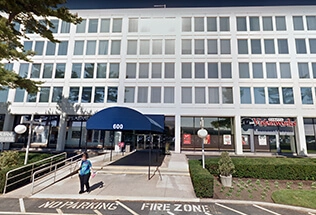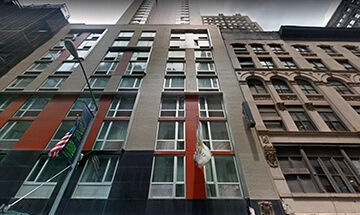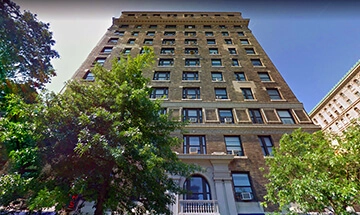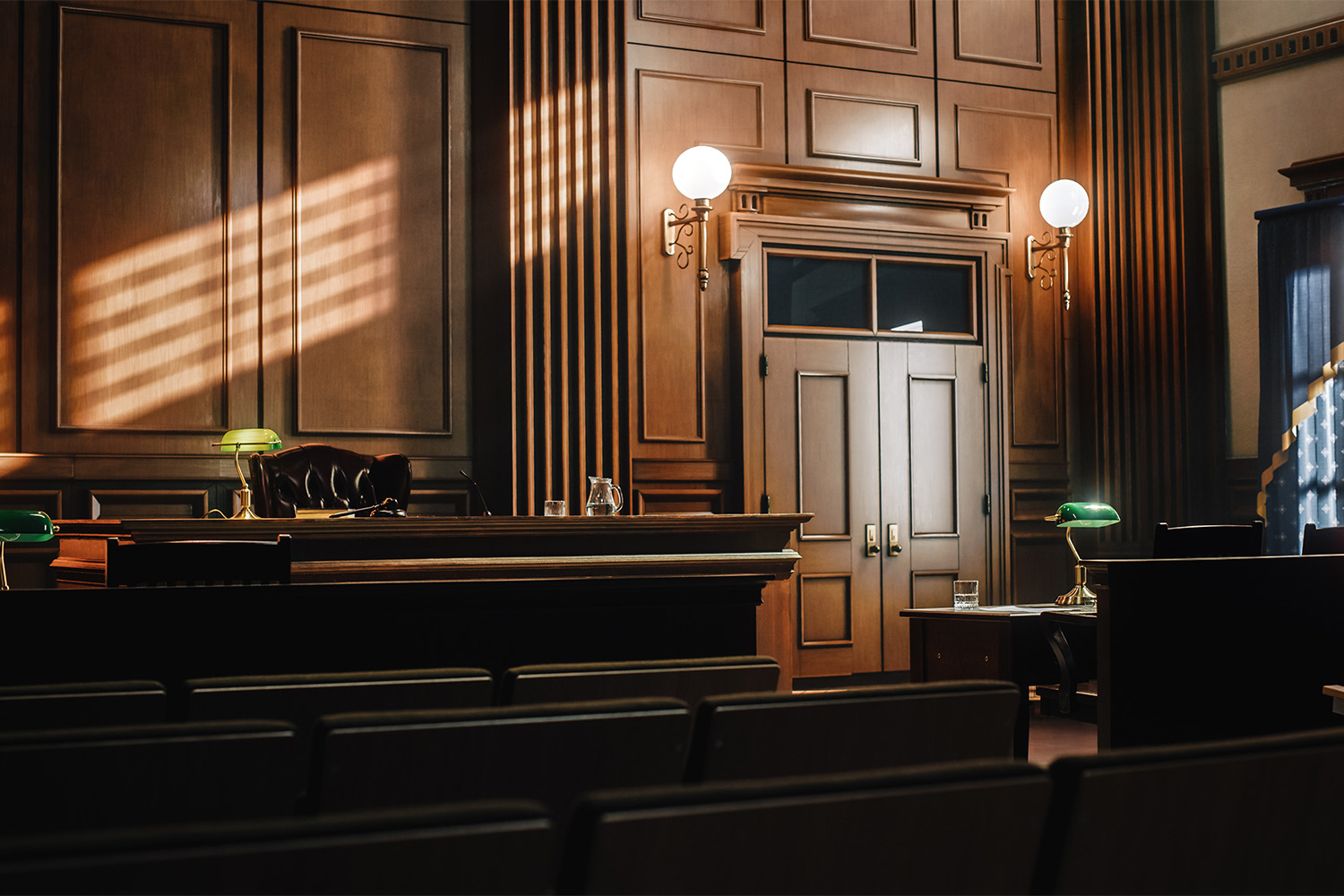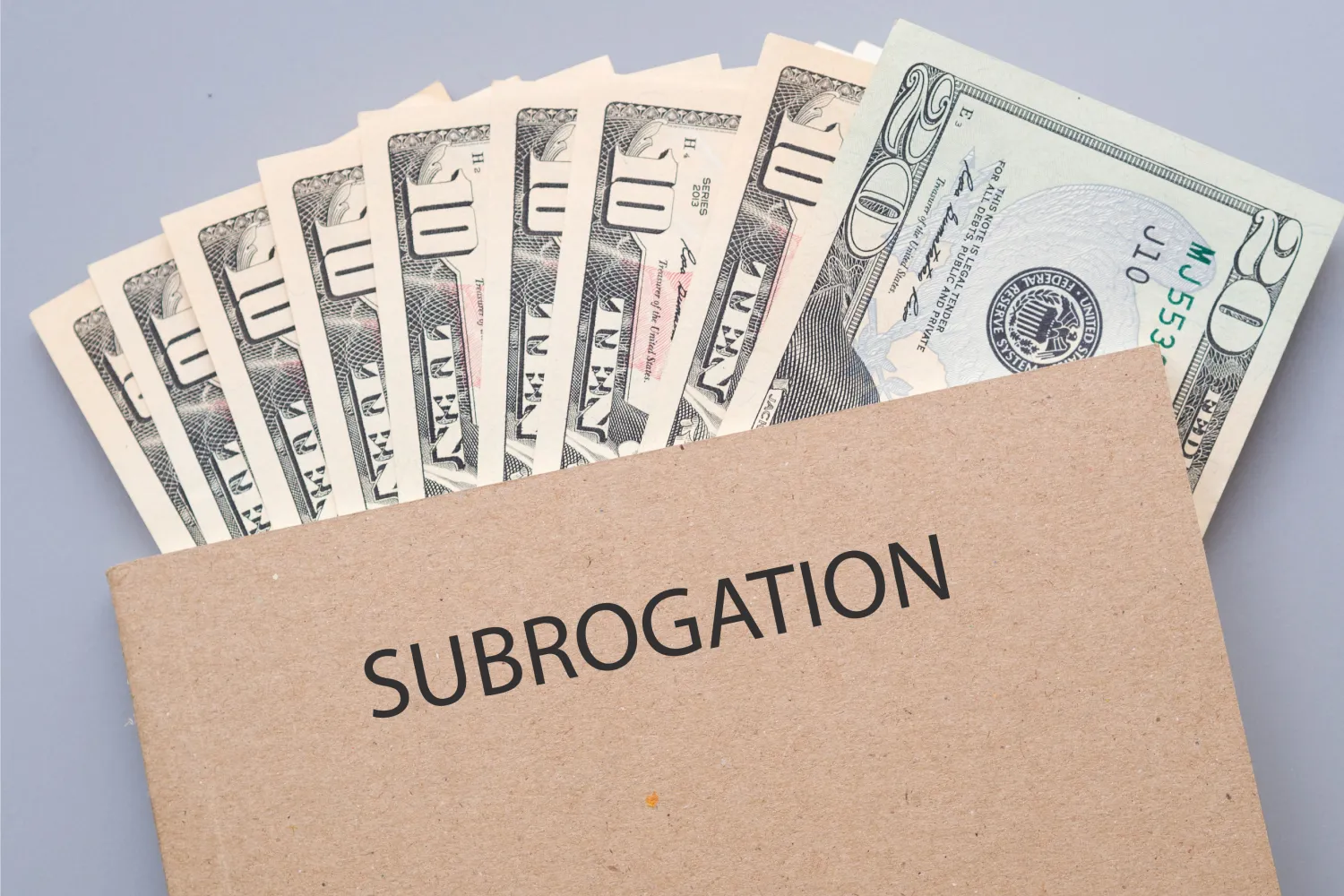Even the most straightforward court case can take a long time to settle. Whether you are a plaintiff or defendant in a lawsuit, you might wonder how long after deposition settlement occurs. In truth, the timeline can vary depending on your case’s specifics, your legal team’s skill, and other factors.
Read on for more information about depositions, their effect on settlements in lawsuits, and related details. Alternatively, contact Schwartzapfel Lawyers today at 1-516-342-2200 for a free case evaluation and consultation.
What Is a Deposition?
A deposition is any spoken statement from a witness in a lawsuit or legal case. Every deposition is taken under oath, meaning that it is legally admissible in court and can be used as evidence for an upcoming lawsuit or trial process.
The collected witness statements or spoken evidence in a case can generally be referred to as deposition, especially as part of the discovery process.
Individuals are strictly forbidden from lying during the deposition process. Although they can still choose to do so, they could be held in contempt of court or accused of committing perjury if they are caught.
Deposition as Part of Discovery
The discovery phase is the earliest phase in civil and criminal lawsuits, as well as certain other legal processes. In the discovery phase, legal professionals on both sides introduce evidence in support of their respective case.
For example, in an auto accident lawsuit, both teams of attorneys will gather evidence to establish guilt or innocence on behalf of their clients.
In legal processes such as lawsuits, the discovery phase is also commonly the longest phase. That’s because both teams of attorneys need to collect as much evidence as possible to strengthen their cases.
The discovery phase usually includes deposition as a key component. During deposition, attorneys may present written questions to eyewitnesses of an incident, then have those eyewitnesses read or speak their answers to court while under oath.
As an example, in a personal injury case, an eyewitness may state that they saw the defendant attack the plaintiff at a specific time and place. That statement then becomes a deposition, which can be used as evidence for or against the parties to the lawsuit.
For more on this and related topics, contact Schwartzapfel Lawyers online or call us today at 1-516-342-2200. Note, too, that while your consultation will be free, the advice given to you may save you miles of headache, heartache, and financial strain down the road.
How Does Deposition Affect Settlements?
So, just how does deposition affect your lawsuit and the settlement timeline? After all, the settlement in a lawsuit is how much money you receive in compensation or damages for your injuries, right?
This is true. But in many cases, you don’t have to go through the whole lawsuit process to receive a settlement. In fact, the vast majority of personal injury lawsuits are resolved out of court. Only about 3% of personal injury lawsuits receive a verdict from a judge or jury.
Why? Simply put, it is oftentimes cheaper and easier for personal injury cases to be settled out of court. The deposition process affects settlements by accelerating the timeline.
When depositions are given to both sides in a legal dispute, one or both parties may realize that they don’t have as firm a legal ground to stand on as they had believed.
Imagine a scenario in which two cars collide. One of the drivers clearly believes that the other driver was extremely negligent and owes them damages. During the deposition process, an eyewitness explains that they saw both drivers texting on their cellular devices.
Because of this embarrassing revelation, the plaintiff in the case decides to withdraw their lawsuit and both parties settle out of court. In this way and in similar scenarios, deposition makes it more likely that both sides will reach a settlement out of court by revealing evidence or eyewitness testimony that would be taken as evidence in a full-on trial.
How Long Does a Settlement Take After Deposition?
Because deposition is such an important part of evidence gathering for any legal case, settlement usually follows after the deposition phase. However, that doesn’t mean that settlement is instantaneous. In fact, the opposite is often true.
Generally, it takes many months after deposition for a settlement to be reached and paid out to the appropriate parties.
Factors That Affect the Settlement Timeline
A variety of factors can affect the overall settlement and legal case timeline. These variables include but are not limited to:
- The strength of the deposition for one side or the other. In some cases, deposition doesn’t reveal any major facts, which could cause both sides to commit even further to their lawsuit agendas.
- The existing evidence for or against a party’s case. For example, if deposition reveals overwhelming evidence against an accused or allegedly negligent party, that party may press for settlement quickly so the plaintiff party doesn’t try to push for a full lawsuit.
- How long the deposition takes. Depending on who the court needs to see and how many eyewitnesses there are, the deposition itself can take many weeks or months just to get through each person. Both the plaintiff’s and defendant’s legal teams can call their own witnesses for deposition.
- How long legal professionals take to negotiate amongst themselves and with their clients. Some legal professionals can reach settlements very quickly. Others may deliberate for weeks or months, extending the settlement timeline.
Due to factors like these, the time it takes to see a settlement after deposition can vary greatly. To learn more now, speak with an experienced Schwartzapfel Lawyers trial attorney. Simply dial 1-516-342-2200 and allow our award-winning team the honor and privilege of assisting you on your road to physical, emotional, and financial recovery.
Best Case Scenario: Four to Six Months
In most civil cases, four to six months is a good estimate as to when you’ll receive a settlement after deposition. For example, if you sue a negligent party for injuring you in an auto accident, you can reasonably expect a settlement between four and six months after the deposition phase.
Note, however, that this time is added to the time already spent preparing your case, filing paperwork, meeting with your attorneys, and more. This is another one of the many reasons why lawsuits of any type usually take many months or years.
Since the deposition process can take quite a long time, it’s important to file your lawsuit before the statute of limitations for your case expires. Knowledgeable personal injury attorneys can ensure your paperwork is filed on time while also gathering evidence on your behalf.
With Schwartzapfel Lawyers, you’ll always have the best attorneys fighting for you™ both in and out of court. Among our stellar legal staff, we have 150+ years of collective experience. That means we’ve likely seen a case just like yours in the past and secured significant damages for our clients.
We can do the same for you when you contact us today for a free consultation online or at 1-516-342-2200. Don’t wait! Act now and protect your financial future. Call Schwartzapfel Lawyers and speak with an experienced member of our team at no charge.
Does Deposition Always Lead To Settlement?
No, but often it does. Remember, most personal cases in the U.S. result in out-of-court settlements. This is because it is too expensive and time-consuming for most parties to make it through a court trial, regardless of the evidence for or against their case.
As such, the deposition phase typically precedes settlement. Once you reach the deposition component, your attorneys will likely advise you regarding your chances of seeing a settlement sooner than later.
For instance, if the deposition phase goes well for your side of a legal dispute, your attorneys may tell you that a settlement is likely. The reverse could be true, however, if the deposition phase goes poorly (e.g., your eyewitnesses don’t add much evidence in your favor).
In any event, you shouldn’t assume the deposition will immediately lead to a settlement out of court. Sometimes, settlement is impossible (either because the evidence is overwhelmingly for or against you, among other reasons). In these situations, deposition is just a prelude to the real court case ahead.
What Happens After Depositions?
After hearing all depositions, your legal team will begin to search through all the information at their disposal in an effort to build a case on your behalf.
Since the discovery phase usually takes the longest amount of time, you can rest assured that odds are you’ll see a settlement sooner rather than later. However, it can still take many months for:
- Your attorneys to finish gathering, organizing, and preparing evidence for presentation in court.
- A court date to open up that works for both sides of a legal dispute.
- The actual trial to take place. Depending on the complexity of your case, your trial or court appearances could take several days or several weeks.
- The verdict to be read and judgments to be passed down. A guilty or not guilty verdict is just the start. The judge or jury must then hand down punishments, damages, or rewards based on case details. This can also take some time.
Even after all that, any monetary settlement you are awarded could take several weeks or months to reach your bank account or to otherwise get into your hands. Again, your legal team can tell you more about the exact timeline you should prepare for.
After deposition, expect several more months to revolve around your personal injury or other lawsuit. Because of this timeline, it is advisable to heed your lawyers recommendation if they are of the mind to settle out of court when possible.
Contact Schwartzapfel Lawyers Today
All in all, your legal team and the team of the opposing party may reach a settlement several weeks or months after deposition. However, deposition can also sometimes lead to a lawsuit; it all depends on the specifics of your case.
You can prepare for any legal outcome — and maximize your settlement — if you have knowledgeable attorneys working for you. With Schwartzapfel Lawyers, you’ll benefit from our experienced New York City personal injury attorneys who’ve seen, tried, and won cases like yours in the past.
Contact us today for more information or a free consultation at 1-516-342-2200. And remember: Day or night, rain or shine, always we are fighting for you™!
Sources:
Schwartzapfel Lawyers, P.C. | Fighting For You™™
How Courts Work: Discovery | American Bar
deposition | Wex | US Law | LII / Legal Information Institute



